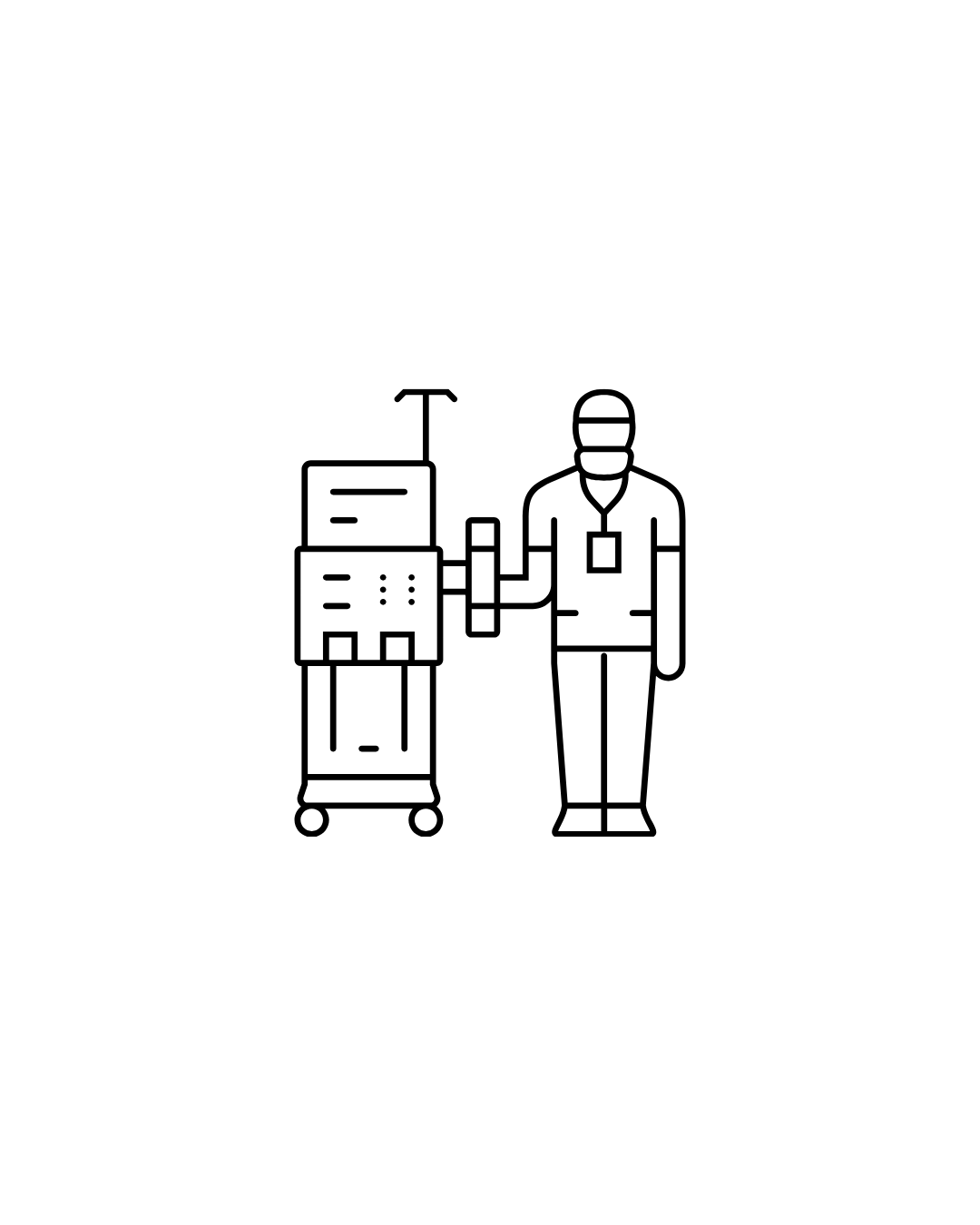Description
Overview of Certificate Course in Dialysis Technician
The Certificate Course in Dialysis Technician is designed to prepare individuals for a pivotal role in the healthcare sector, specifically in the management and operation of dialysis procedures for patients with kidney failure. This program provides students with the knowledge and practical skills necessary to deliver safe and effective dialysis treatment, monitor patient health, and support nephrology healthcare teams.
Core Areas of Study in the Dialysis Technician Certificate Course
Introduction to Renal Anatomy and Physiology
Understanding the structure and function of the kidneys, the urinary system, and the pathophysiology of renal diseases.
Dialysis Principles and Techniques
Fundamentals of hemodialysis and peritoneal dialysis, including the principles of dialysis, types of equipment used, and treatment protocols.
Dialysis Equipment Operation
Training in the use and maintenance of dialysis machines, including understanding their components and troubleshooting common issues.
Patient Care and Assessment
Skills in assessing patient health before, during, and after dialysis treatment, including monitoring vital signs and recognizing complications.
Infection Control and Safety Protocols
Instruction on infection prevention measures, aseptic techniques, and ensuring patient safety in the dialysis environment.
Nutrition and Patient Education
Understanding dietary considerations for patients receiving dialysis and educating patients about their treatment and lifestyle modifications.
Emergency Procedures in Dialysis
Training in recognizing and managing emergencies related to dialysis treatment, including complications like hypotension, clotting, and infections.
Regulatory Standards and Ethical Considerations
Overview of health regulations, quality assurance in dialysis care, and ethical considerations in patient treatment and care.
Curriculum Structure
A typical Certificate Course in Dialysis Technician may include:
Core Courses: Subjects covering renal physiology, dialysis techniques, patient care, and emergency procedures in dialysis.
Practical Training: Hands-on experience with dialysis equipment, performing treatment procedures, and patient interactions.
Clinical Experience: Opportunities to work in dialysis centers or hospitals, gaining real-world experience in the care of dialysis patients.
Admission Requirements
Admission to a Certificate Course in Dialysis Technician typically requires:
A high school diploma or equivalent, with preferred coursework in biology and health sciences.
Some programs may require an interview or screening assessment to evaluate the candidate’s suitability.
Skills Developed in the Dialysis Technician Certificate Course
Graduates of the Certificate Course in Dialysis Technician will develop essential skills, including:
Technical Proficiency: Ability to operate and maintain dialysis machines and perform dialysis procedures safely and effectively.
Patient Monitoring: Skills in assessing and monitoring patients throughout the dialysis process, including identifying any complications.
Effective Communication: Competence in informing patients about their treatment plan, dietary restrictions, and lifestyle changes needed to support kidney health.
Infection Control Measures: Understanding infection control protocols to minimize risks in a clinical setting.
Emergency Response Skills: Ability to recognize and respond to emergencies during dialysis treatment, ensuring patient safety.
Career Opportunities
Upon completion of the Certificate Course in Dialysis Technician, graduates can pursue various entry-level positions, including:
Dialysis Technician
Working in dialysis centers or hospitals to perform dialysis treatments, monitor patients, and manage medical equipment.
Nephrology Technician
Supporting nephrologists in the care of kidney patients, including preparing patients for dialysis and assisting in medical procedures.
Patient Care Technician
Providing assistance in various healthcare settings, focusing on patient care tasks related to renal health.
Healthcare Support Staff
Assisting healthcare teams in managing patient care and operational tasks in hospitals or outpatient dialysis centers.
Conclusion
The Certificate Course in Dialysis Technician equips students with crucial skills needed for a successful career in renal care. Graduates will be prepared to provide high-quality, compassionate care to patients undergoing dialysis while supporting the broader nephrology healthcare team. If you have any further questions about the Certificate Course in Dialysis Technician or related topics, feel free to ask!









